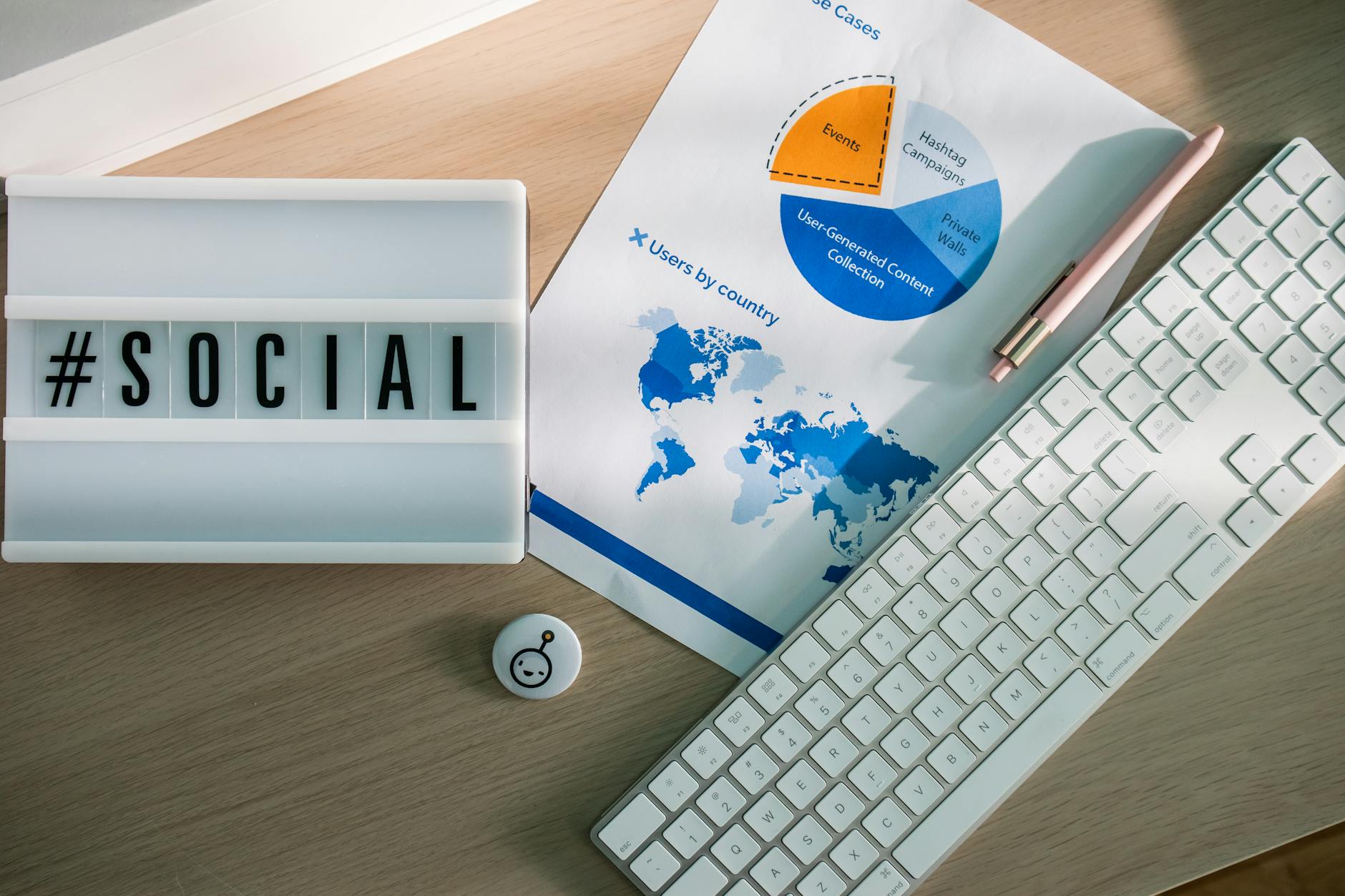The Role of Decentralized Autonomous Agents (DAAs)
Understanding Decentralized Autonomous Agents (DAAs)
Decentralized Autonomous Agents (DAAs) represent a significant advancement in the intersection of artificial intelligence (AI), blockchain technology, and distributed systems. They are self-governing software entities capable of operating independently and autonomously within a decentralized network, executing pre-programmed tasks or adapting to changing circumstances. Unlike traditional centralized AI systems, DAAs are not controlled by a single entity but rather operate according to predefined rules encoded in smart contracts on a blockchain. This inherent decentralization offers significant advantages in terms of security, transparency, and resilience.
Key Characteristics of DAAs
- Decentralized: Not controlled by a single entity, reducing single points of failure and censorship.
- Autonomous: Operate independently, making decisions and executing tasks without constant human intervention.
- Programmable: Their behavior is defined by code, allowing for flexible and adaptable functionality.
- Blockchain-based: Often leverage blockchain technology for secure and transparent transaction processing and data storage.
- Self-governing: Utilize mechanisms like smart contracts to enforce rules and govern their behavior.
DAAs: Applications and Use Cases
The potential applications of DAAs are vast and span various industries. Their unique capabilities are transforming how we approach automation and complex decision-making processes. Some prominent use cases include:
Decentralized Finance (DeFi)
DAAs are playing a pivotal role in revolutionizing the financial sector. They can automate lending, borrowing, trading, and other financial processes, creating more efficient and transparent systems. Imagine autonomous agents managing investment portfolios, executing trades based on pre-defined strategies, or facilitating peer-to-peer lending with minimal human intervention.
Supply Chain Management
DAAs can enhance supply chain transparency and traceability by tracking goods from origin to consumer. By recording transactions on a blockchain, DAAs can provide irrefutable evidence of product provenance, ensuring authenticity and reducing counterfeiting. This level of transparency fosters greater trust among stakeholders and increases efficiency.
Data Management and Analysis
In the era of big data, DAAs can assist in managing and analyzing vast datasets in a decentralized and secure manner. They can autonomously collect, process, and analyze data from various sources, identifying patterns and insights that would be difficult or impossible to discover manually. This capability is invaluable for organizations seeking to leverage data-driven decision-making.
Healthcare
DAAs could be used to streamline healthcare processes, automate data management, and improve patient care. They could manage medical records, schedule appointments, and even assist with diagnosis by analyzing medical images and patient data. The decentralized nature of DAAs can also improve data privacy and security.
Challenges and Limitations of DAAs
Despite their immense potential, DAAs also face several challenges:
- Complexity: Developing and deploying DAAs requires significant technical expertise.
- Security Risks: While blockchain enhances security, vulnerabilities in smart contracts can be exploited.
- Scalability: Handling a large number of DAAs and transactions can strain network resources.
- Regulatory Uncertainty: The legal and regulatory landscape surrounding DAAs is still evolving.
- Ethical Considerations: The autonomous nature of DAAs raises ethical concerns related to accountability and bias.
The Future of DAAs
DAAs are still a relatively nascent technology, but their potential to transform various industries is undeniable. As the technology matures and adoption increases, we can expect to see even more innovative applications emerge.

The future of DAAs is likely to be shaped by advancements in AI, blockchain, and distributed systems, leading to more sophisticated, efficient, and secure autonomous agents.
The development of robust governance mechanisms, addressing security vulnerabilities, and establishing clear ethical guidelines will be crucial for the widespread adoption of DAAs. Overcoming these challenges will unlock the transformative potential of this exciting technology and usher in a new era of decentralized automation.










